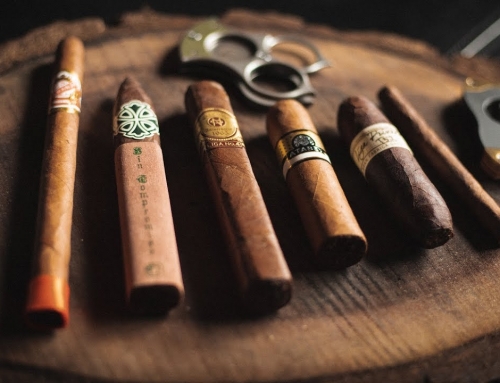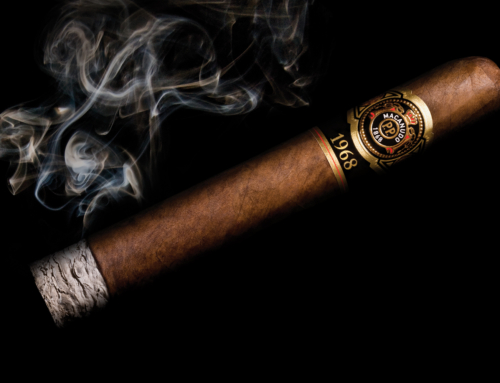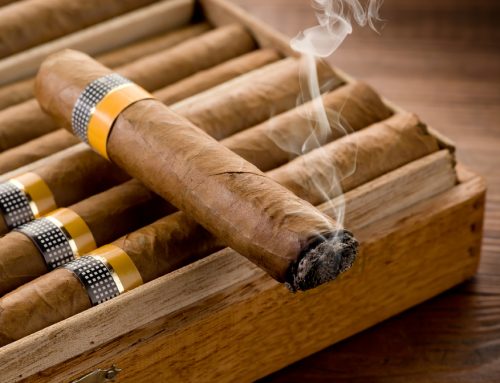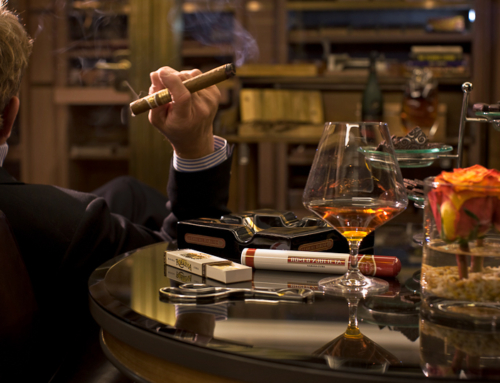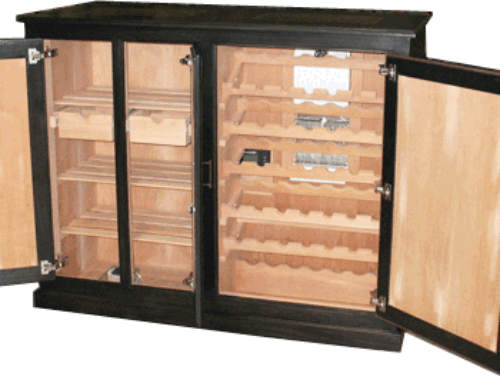The question whether you should leave the cellophane on or take it off a cigar is probably the most asked question. The answer is, it really depends on the situation. Cello has one primary purpose: to protect the cigar from damage.
What’s the point of cello on cigars anyways? Cigars are often placed into cellophane wrappers to protect them from damage and from marrying with other cigars. Cigars are fragile items, and can easily be ruined or damaged if mishandled.
What the cello does:
- Protects cigar from damage, especially when they are being sold as singles in tobacco shops. Imagine people fondling cigars with no protection, and then you go and buy it. Not only are the chances high that the wrapper has been nicked or damaged, but do you really want to smoke something that several other people touched? Probably not.
- Keeps cigars safe while in transit. If the cigars rubbed against each other during their journey from the factory to the store, to your home, chances are high that the cigars would not be in the best condition when you received them.
- Prevents flavors from marrying with other cigars. Cigars are unique in flavor. Imagine if you took a box of 20 cigars, all different types, tobaccos, flavors, strengths, etc, and you stored them in a humidor with cigars of varying flavors. The cigars will begin to “marry” with one another, and start taking on each others flavors. The end result is you no longer have a pure cigar with a flavor profile as it was meant to enjoyed. If you have a humidor where all of the cigars are the same, then the cello can come of.
- Leaving the cello on will allow you to rummage through your humidor without having to worry that you’re going to damage the foot, head or wrapper.
Consider removing the cello:
- If you plan on long term storage of equal cigars where you want them to age and take on more of a cedar flavor.
- Aging freshly rolled Cuban cigars are best done with the cello off. Cubans are often shipped freshly rolled (known as “wet”). This generally means they are entering their “sick period”, which means the tobacco will begin to ferment and release ammonia. Your Cubans will age better with the cellophane removed, as the ammonia will gas-off quicker, and allow the cigar to age faster. Cuban cigars should not be smoked while in their “sick period”, as you’ll be overwhelmed with strong ammonia tastes and smells. They will get past their sick period with the cello off.
- You may have purchased a box of cigars where the manufacturer did not put any cello on the cigars. In this case, it’s safest to leave the cigars in their original packaging if possible. If you do not have a large humidor to store the entire box in, then be sure to keep the cigars somehow separated from cigars where flavors significantly differ (ie: artificially flavored cigars).
You’ve now been presented with the facts, as well as with scenarios where the cello can be a benefit or a drawback. There is no one answer that fits all; it really depends on the situation. Most often than not, I’d recommend leaving the cello on if ever in doubt.


